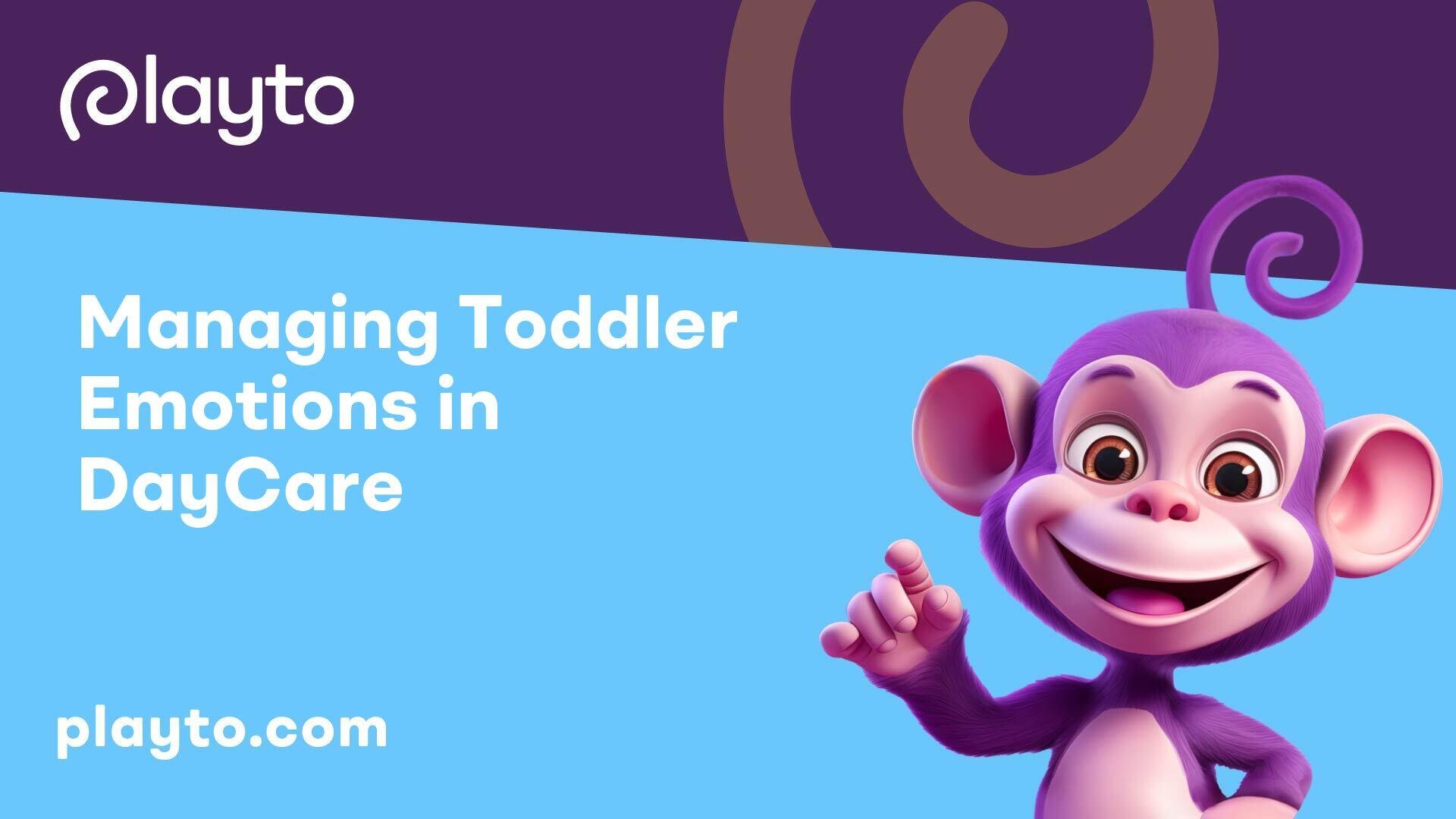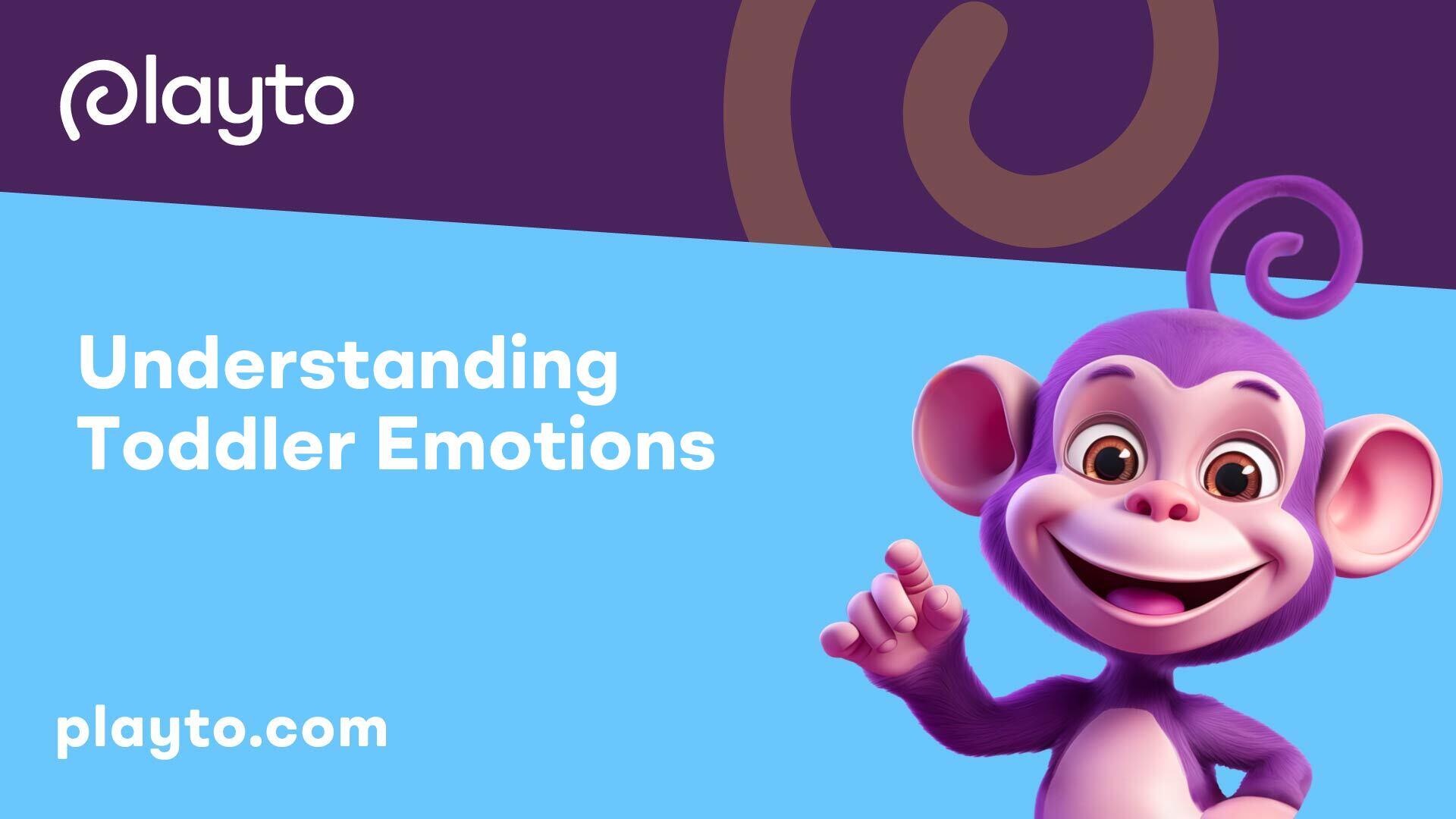
Understanding Toddler Emotions
For managing toddler emotions in daycare, it is essential to grasp the significance of emotional awareness at a young age. Toddlers between 2 and 3 years old begin to develop empathy, becoming more attuned to the feelings of others. This period marks the inception of understanding social norms, basic communication skills like sharing and taking turns, as well as the initiation of friendships and engagement in cooperative play with peers [1].
Teaching toddlers how to identify and express their feelings from an early age plays a vital role in their emotional development and overall well-being [1]. It lays the foundation for healthy emotional regulation, enhancing their ability to navigate social interactions and comprehend their own emotions, setting the stage for positive social and academic outcomes in the future.
Understanding and acknowledging toddler emotions in the daycare setting can lead to a more supportive and nurturing environment. Caregivers who are sensitive to children's emotional cues and responses can provide appropriate guidance and comfort, aiding in the establishment of strong emotional foundations.
By nurturing emotional awareness in toddlers, daycare providers can facilitate the development of crucial social and emotional skills. These skills are not only vital for forming positive relationships with peers but also play a pivotal role in academic achievement and personal growth. Encouraging toddlers to express their feelings, navigate challenges, and interact positively with others sets them on a path towards long-term success and holistic development.
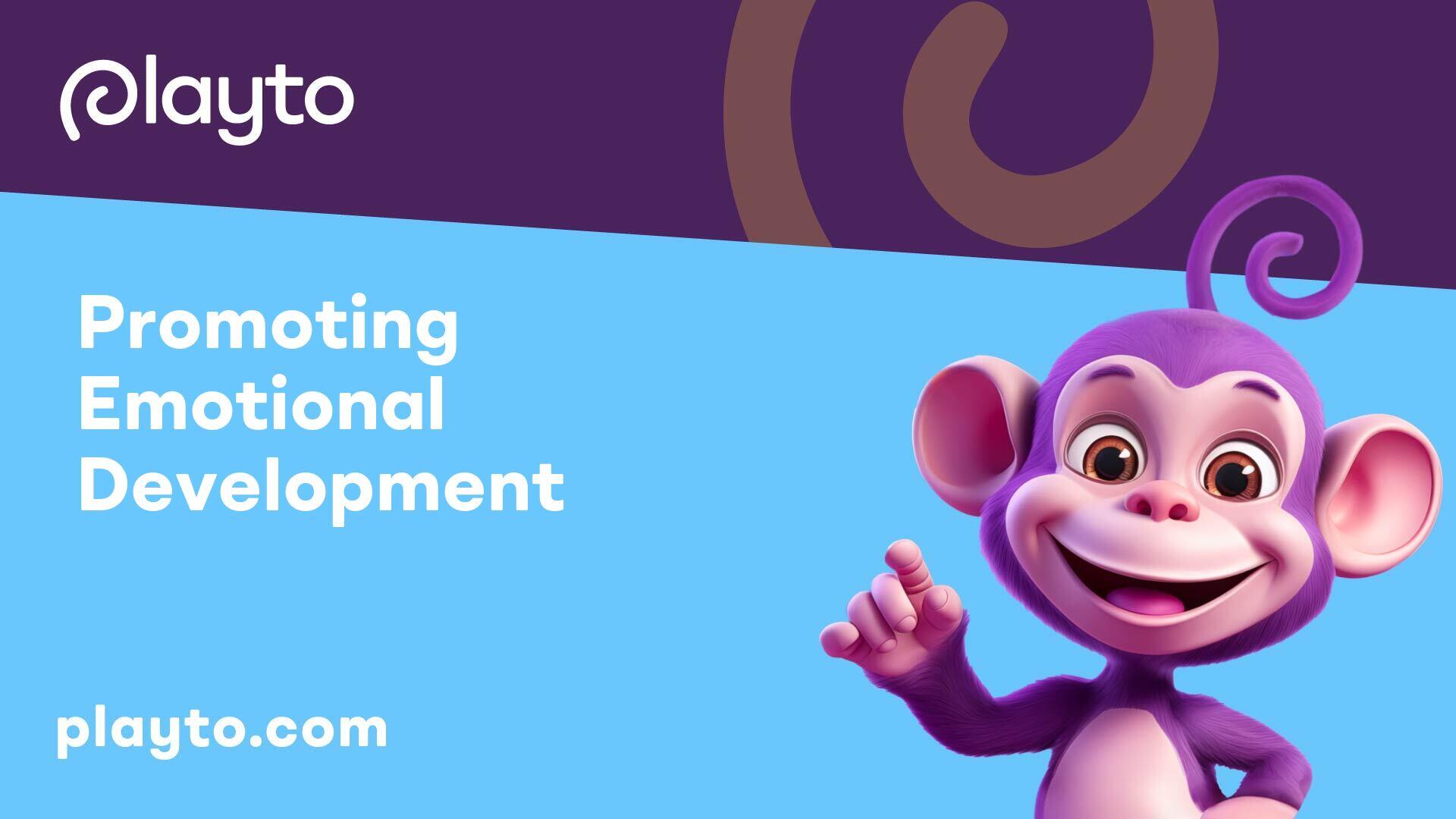
Promoting Emotional Development
In a daycare setting, promoting toddler emotional development is crucial for fostering healthy social and emotional skills. By focusing on modeling healthy expression, teaching emotional vocabulary, and encouraging safe exploration, caregivers can create a supportive environment for toddlers to navigate their feelings and interactions.
Modeling Healthy Expression
Parents and caregivers play a significant role in shaping a toddler's emotional development by demonstrating positive ways to manage and express emotions. By engaging toddlers in conversations about feelings, validating their emotions, and modeling healthy coping mechanisms, caregivers can help children learn to regulate their emotions effectively.
Teaching Emotional Vocabulary
Encouraging toddlers to label and express their emotions using words is essential for building their emotional intelligence. Teaching toddlers emotional vocabulary helps them develop a deeper understanding of their feelings and enables them to communicate their emotions more effectively. By introducing words like happy, sad, angry, and frustrated, caregivers empower toddlers to express themselves and seek support when needed.
Encouraging Safe Exploration
In daycare settings, toddlers are encouraged to explore their surroundings and interact with their peers in a safe and nurturing environment. Through guided play and supervised activities, children have the opportunity to learn about their emotions and develop social skills such as empathy and sharing [1]. Caregivers provide gentle guidance and support as toddlers navigate through their interactions, helping them understand the impact of their actions on themselves and others.
By promoting emotional development through modeling healthy expression, teaching emotional vocabulary, and encouraging safe exploration, daycare providers create a foundation for toddlers to build essential social and emotional skills. By fostering a supportive and understanding environment, caregivers empower toddlers to navigate their emotions confidently and interact positively with their peers.
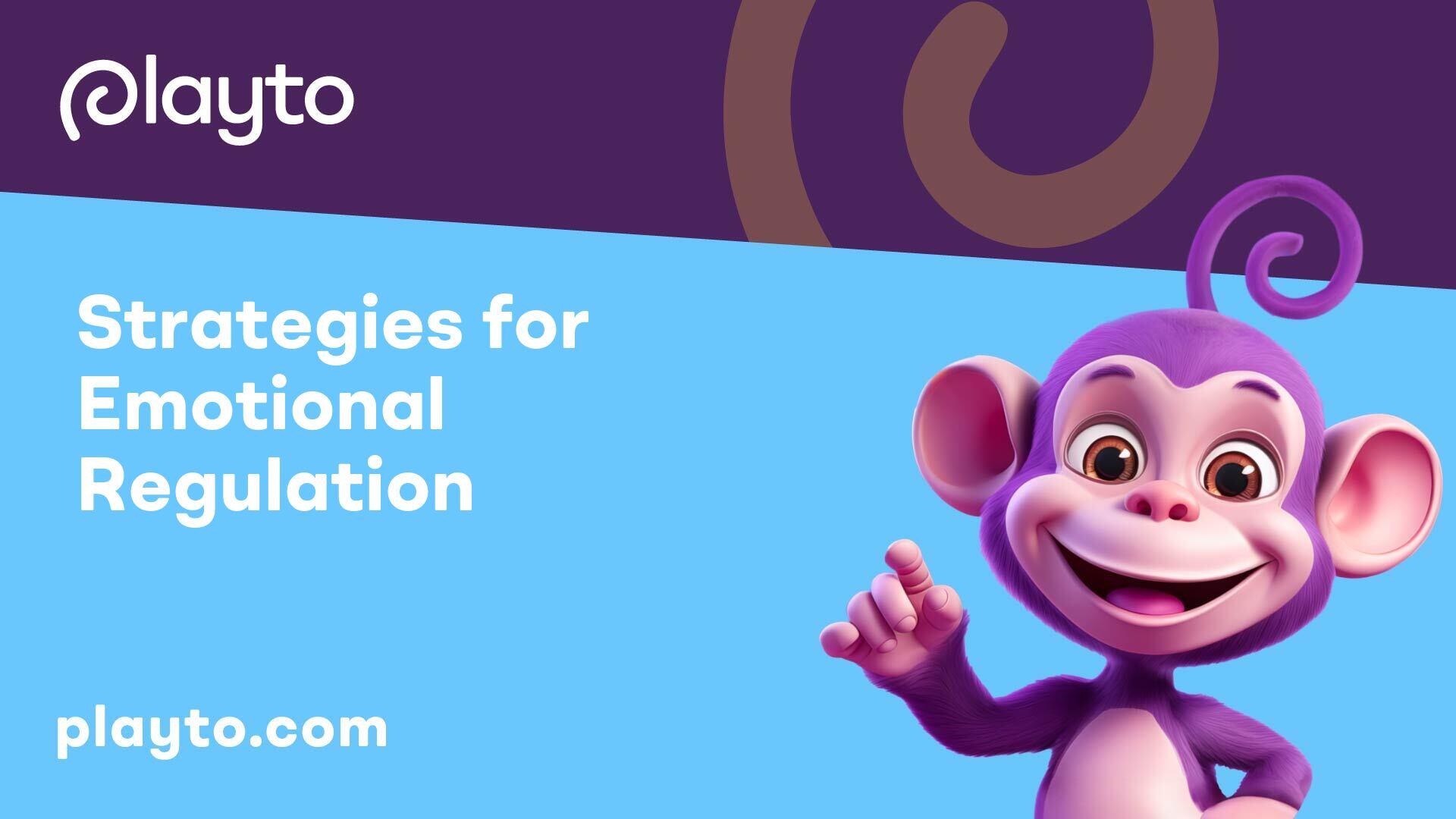
Strategies for Emotional Regulation
When it comes to managing toddler emotions in daycare, having effective strategies for emotional regulation is essential for creating a supportive and nurturing environment for young children. In this section, we will explore key approaches to help toddlers develop the necessary skills to navigate their emotions successfully.
Problem-Solving Skills
Encouraging problem-solving skills in toddlers can be a powerful tool in promoting emotional regulation. By guiding children through problem-solving steps when they experience strong emotions, caregivers can foster critical thinking about their feelings and responses, aiding in emotional understanding [4]. Teaching toddlers how to identify problems, brainstorm solutions, and evaluate outcomes can empower them to manage their emotions effectively and develop a sense of control over challenging situations.
Coping Mechanisms
Teaching toddlers effective coping mechanisms is crucial for helping them regulate their emotions in a healthy manner. By introducing calming techniques, such as deep breathing exercises or mindfulness activities, caregivers can provide children with tools to ease emotional distress [5]. These techniques not only help toddlers manage anger and frustration in the moment but also lay the foundation for lifelong emotional well-being and resilience.
Reinforcing Positive Behaviors
Reinforcing positive behaviors is another key aspect of promoting emotional regulation in toddlers. By acknowledging and praising desirable behaviors, caregivers can help children develop a sense of self-worth and confidence in their abilities. Positive reinforcement not only encourages toddlers to exhibit adaptive emotional responses but also strengthens the caregiver-child bond, creating a secure attachment that supports healthy emotional development.
Research shows that a child's self-regulation skills at a young age can have lasting effects on their academic performance in the future. Effective strategies for handling emotional outbursts in toddlers involve distinguishing between tantrums and meltdowns, allowing caregivers to tailor their responses based on the child's specific needs and emotions. By implementing techniques such as distraction, redirection, and maintaining a calm demeanor, caregivers can effectively navigate challenging situations and support children in developing essential emotional regulation skills.
By incorporating these strategies into daily interactions with toddlers in daycare settings, caregivers can play a vital role in fostering emotional resilience and promoting healthy emotional development in young children. Supporting toddlers in acquiring problem-solving skills, offering coping mechanisms, and reinforcing positive behaviors are integral steps in helping them navigate their emotions and build a solid foundation for emotional well-being.
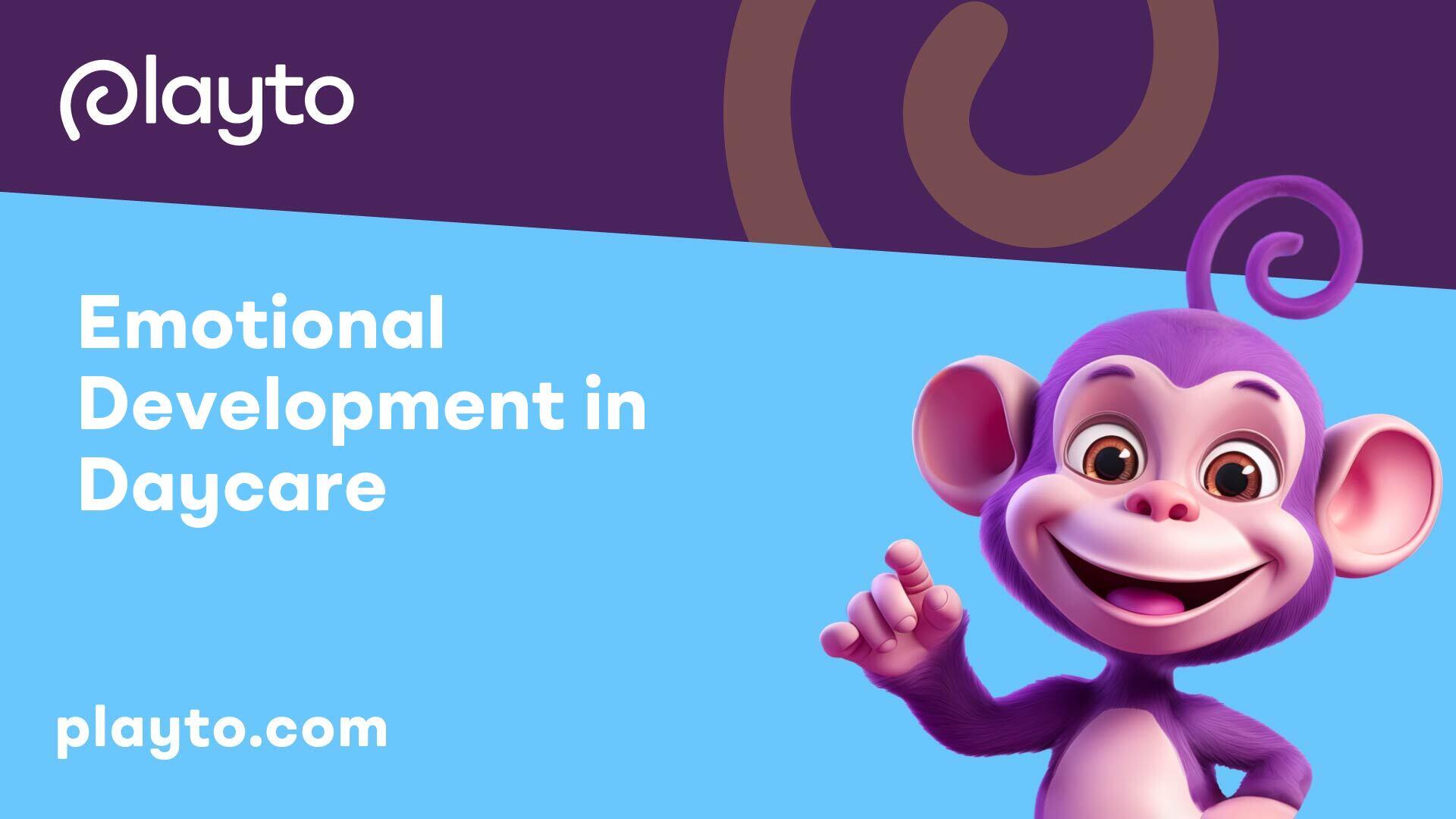
Emotional Development in Daycare
When it comes to the emotional development of toddlers in daycare, caregivers play a crucial role in shaping their emotional intelligence and well-being. Creating a supportive environment, handling emotional outbursts effectively, and guiding children through their emotional experiences are key aspects of fostering healthy emotional growth in daycare settings.
The Role of Caregivers
Caregivers in daycare centers serve as the first point of contact for toddlers, providing emotional support, comfort, and guidance during their formative years. As noted by ACE Daycare, daycare providers help toddlers interpret their own emotions and feelings, enabling them to interact appropriately with others. By modeling healthy emotional expression, caregivers teach children how to express their feelings in a positive manner, ultimately shaping their emotional responses and social interactions.
It is essential for caregivers to create a nurturing and empathetic environment where toddlers feel safe to express themselves and explore their emotions. By fostering a supportive and understanding atmosphere, caregivers can help toddlers develop a strong foundation for emotional well-being and social growth.
Creating Supportive Environments
In daycare settings, creating supportive environments involves establishing routines, setting clear boundaries, and offering ample opportunities for emotional expression and exploration. Daycare centers play a vital role in teaching children how to respond to the emotions of their peers, recognize and manage their own feelings, and express themselves effectively.
By providing a safe and nurturing space where toddlers can engage in activities that promote emotional awareness and regulation, caregivers help children build essential social and emotional skills that will benefit them throughout their lives.
Handling Emotional Outbursts
Emotional outbursts are a natural part of a toddler's development as they learn to navigate and regulate their emotions. Caregivers in daycare centers play a pivotal role in helping toddlers cope with and understand their feelings. Daycare providers teach children how to model self-control by using calm language to express their emotions positively, empowering toddlers to manage their emotional responses in a constructive manner.
By guiding toddlers through emotional challenges, caregivers not only support their immediate well-being but also equip them with invaluable coping skills that will aid in their overall emotional development. Through patience, empathy, and consistent guidance, caregivers can assist toddlers in navigating their emotions and building a strong emotional foundation during their time in daycare.
Fostering emotional development in daycare requires a collaborative effort between caregivers and parents to ensure that toddlers receive the necessary support, guidance, and encouragement to navigate the complex world of emotions and relationships. By focusing on the role of caregivers, creating supportive environments, and effectively handling emotional outbursts, daycare centers can promote healthy emotional growth and well-being in toddlers.
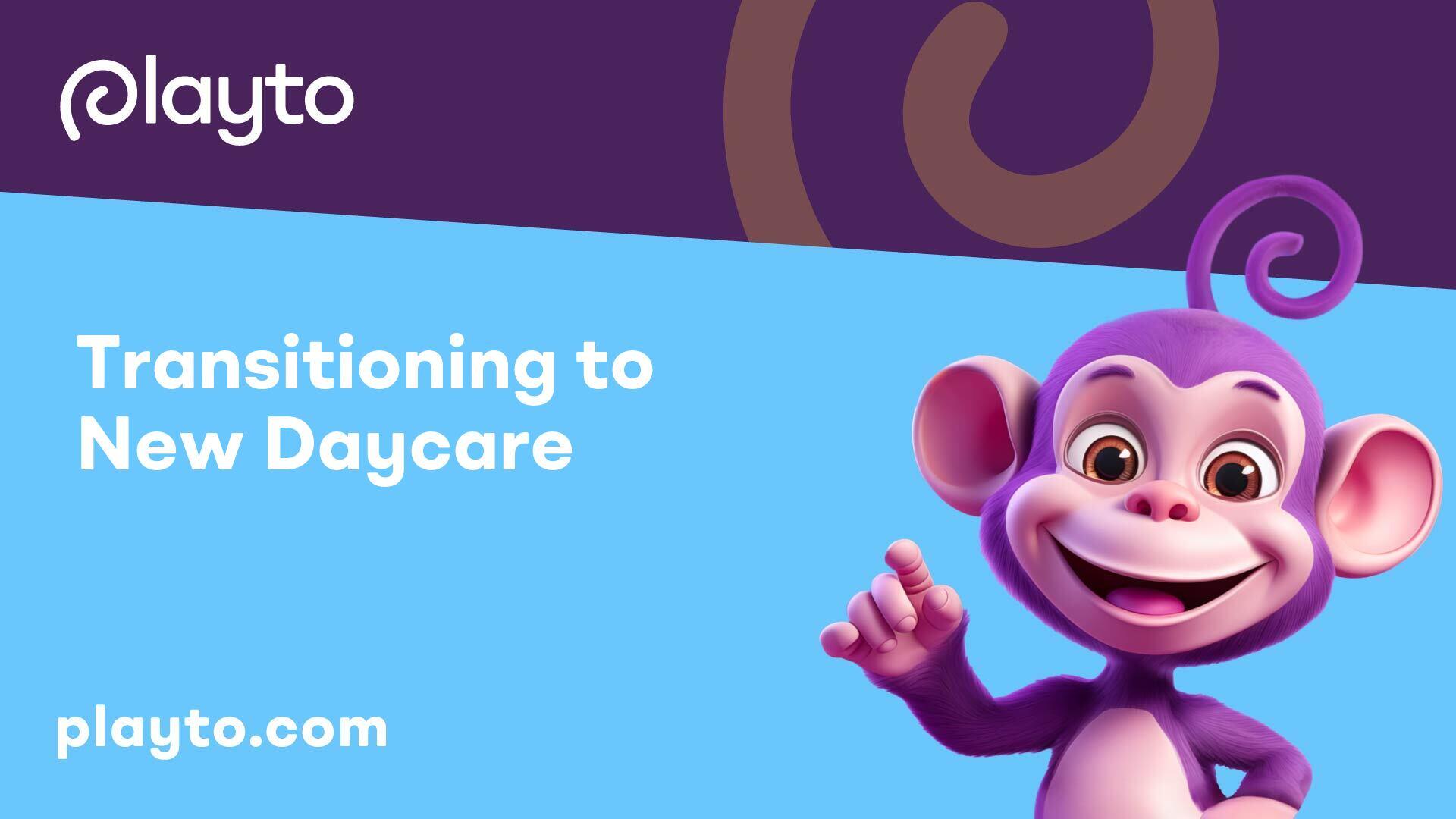
Transitioning to New Daycare
When toddlers transition to a new daycare, it can be a significant change that impacts their emotions and behavior. Understanding how to effectively manage this transition is essential for both the child and their parents. Here are key strategies for coping with change, supporting smooth transitions, and maintaining consistency during this period.
Coping with Change
Switching daycares can be a stressful experience for toddlers and parents alike, often requiring thoughtful strategies to ease the transition and alleviate anxiety. Communicating the upcoming change to the child, keeping familiar items consistent, and visiting the new daycare in advance can help prepare the child for the transition. Talking to daycare teachers about the child's preferences can also provide insights into how to make the transition smoother.
It's crucial for parents to trust the daycare teachers and establish a routine for drop-off and pick-up. While it may be challenging, it's advisable to walk out on the first day without lingering, even if the child cries, as prolonging the departure can increase the child's anxiety. Allowing the child to engage with toys and other children can aid in the child's adjustment process.
Supporting Smooth Transitions
Parental involvement during the drop-off process is crucial in reducing a toddler's distress during daycare transitions. Involving other family members, such as the father, in drop-offs can provide additional support and comfort for the child. Starting the child on a Wednesday or Thursday and gradually increasing daycare hours can also help ease the transition.
Creating a positive and welcoming environment within the daycare setting is essential for supporting smooth transitions. Daycare providers can play an active role in helping toddlers adjust by engaging them in age-appropriate activities and providing a nurturing atmosphere. Consistency in routines, activities, and interactions can help toddlers feel secure and comfortable in their new environment.
Maintaining Consistency
While parents may experience stress and worry during daycare transitions, children are often more resilient and adaptable than expected. Toddlers tend to focus on play and exploration, often not being as affected by time or location changes as adults.
To facilitate a smoother adjustment, parents and caregivers should prioritize consistency and stability in the new daycare setting. Establishing clear routines, comforting rituals, and open communication channels between parents and daycare staff can help toddlers feel safe and secure in their new environment.
By implementing these strategies and understanding the emotional challenges that come with transitioning to a new daycare, parents and caregivers can provide the necessary support to help toddlers navigate this significant change with confidence and resilience.
Emotional Milestones in Toddlers
During the formative years of toddlers, social and emotional development plays a crucial role in shaping their interactions and relationships with others. Let's explore the key emotional milestones that toddlers typically reach, focusing on social & emotional development, empathy & friendship skills, and developmental stages.
Social & Emotional Development
Between the ages of two and three, toddlers begin to develop a deeper understanding of emotions and social cues. As highlighted by Brighton Preschool, children within this age group become more aware of the feelings of others, gradually recognizing social norms, rules, and basic communication skills like sharing and taking turns. This period marks the beginning of developing friendships and engaging in cooperative play with peers.
Empathy & Friendship Skills
Empathy is a critical skill that blossoms during the toddler years. Toddlers start to show signs of empathy by understanding and responding to the emotions of others. They may comfort a crying friend or share their toys to make someone happy. Developing these empathy and friendship skills is essential for building positive relationships and fostering a supportive social environment. Encouraging toddlers to express empathy in daycare can have lasting benefits on their emotional intelligence and social interactions.
Developmental Stages
Toddlers go through various developmental stages that significantly impact their emotional growth and social interactions. From learning to regulate their own emotions to understanding the feelings of others, each stage presents new challenges and opportunities for growth. It's crucial for caregivers and educators at daycare centers to provide a nurturing environment that supports toddlers through these developmental milestones.
Understanding these emotional milestones in toddlers not only helps caregivers and parents but also enables them to foster a supportive and enriching environment that nurtures the social and emotional well-being of young children. By recognizing and supporting these crucial stages of development, toddlers can build a strong foundation for healthy emotional expression, empathy, and positive social connections that set the stage for future success.
Enhancing Social & Emotional Skills
When it comes to nurturing social and emotional skills in toddlers within daycare settings, various strategies can be implemented to support their growth and development. Focusing on communication and decision-making, promoting independence, and fostering the ability to recognize feelings in others are key components in enhancing these vital skills.
Communication & Decision-Making
In daycare centers, children are encouraged to express their emotions without guilt or shame, emphasizing the importance of verbal expression over resorting to physical actions that may be harmful during moments of heightened emotions. By teaching toddlers simple language to describe their feelings, such as 'frightened', 'happy', 'sad', or 'angry', they can better understand and respond to social cues appropriately.
Promoting Independence
Encouraging independence among toddlers, particularly those aged 2 to 3 years old, is essential for their social and emotional development. Introducing words like 'no', 'mine', and 'I will do it', while providing choices and involving them in decision-making processes, can instill a sense of value and self-worth. Social and emotional milestones during early childhood play a significant role in shaping children's personalities and relationships, impacting their communication abilities and emotional attachments as they progress through different developmental stages [1].
Recognizing Feelings in Others
Parents and caregivers play a crucial role in supporting toddlers' emotional development by engaging them, helping them comprehend their emotions, and acting as positive models in managing emotions effectively. By fostering an environment where emotions can be openly expressed without judgment, children learn to articulate their feelings verbally instead of resorting to physical behaviors during times of emotional intensity.
By prioritizing communication, decision-making, independence, and empathy in daycare environments, toddlers can develop essential social and emotional skills that will serve as the foundation for their future interactions and relationships. Each interaction and learning opportunity contributes to their overall emotional intelligence, setting the stage for positive social interactions and emotional well-being.
Impact on Future Success
Understanding the emotional development of toddlers in daycare goes beyond immediate behavioral management; it plays a pivotal role in shaping their future success in various aspects. Let's explore how emotional growth in daycare can influence academic achievement, personal growth benefits, and long-term development.
Academic Achievement
Research indicates a significant connection between a child's social and emotional skills in early childhood and their academic success later on. For instance, a child's self-regulation skills at age four can predict their math and reading achievement from kindergarten to second grade. By fostering a supportive emotional environment in daycare, children can learn how to regulate their emotions, solve problems, and interact positively with peers, setting a strong foundation for academic progress.
In daycare settings that prioritize emotional development, toddlers have the opportunity to enhance their communication skills, develop empathy, and build positive relationships with others. These skills not only contribute to a child's social well-being but also play a crucial role in their academic growth and adaptability in educational environments.
Personal Growth Benefits
The emotional milestones achieved by toddlers in daycare not only impact academic success but also lay the groundwork for personal growth and well-being. Social and emotional development milestones in early childhood, from birth to age five, shape a child's personality, relationships with others, and overall emotional intelligence [1].
Encouraging toddlers to express their feelings, navigate challenges, and engage in positive social interactions fosters resilience, self-awareness, and emotional regulation. These skills form the basis of healthy emotional expression, enabling children to cope with stress, build strong connections, and navigate complex emotions effectively.
Long-Term Development
The growth of social and emotional skills in toddlers has a lasting impact on their long-term development and success. By instilling essential emotional competencies early on, caregivers and educators can help children navigate social interactions, build confidence, and develop problem-solving abilities that are crucial for future endeavors.
Understanding and addressing the root causes of emotional outbursts in daycare settings, as well as teaching toddlers to identify and express their emotions healthily, create a supportive environment where children can thrive emotionally and academically. By cultivating a holistic approach to emotional development in daycare, children are better equipped to manage challenges, build strong relationships, and achieve success in the long run.
References
[1]: https://www.brightonpreschool.org/benefits-of-babies-toddlers-preschoolers-expressing-emotions/
[2]: https://www.michigan.gov/mikidsmatter/parents/toddler/social
[4]: https://www.childcareed.com/
[5]: https://www.exchangefamilycenter.org/professionals/childcare-provider-workshops
[6]: https://www.playto.com/blog/daycare-strategies-for-handling-emotional-outbursts
[7]: https://acedaycare.com/teaching-kids-to-manage-their-emotions-during-daycare/
